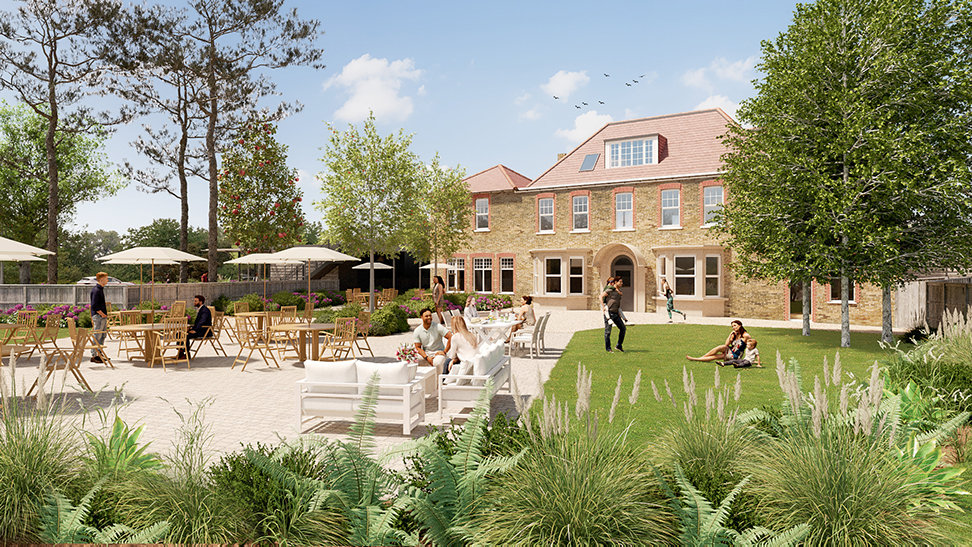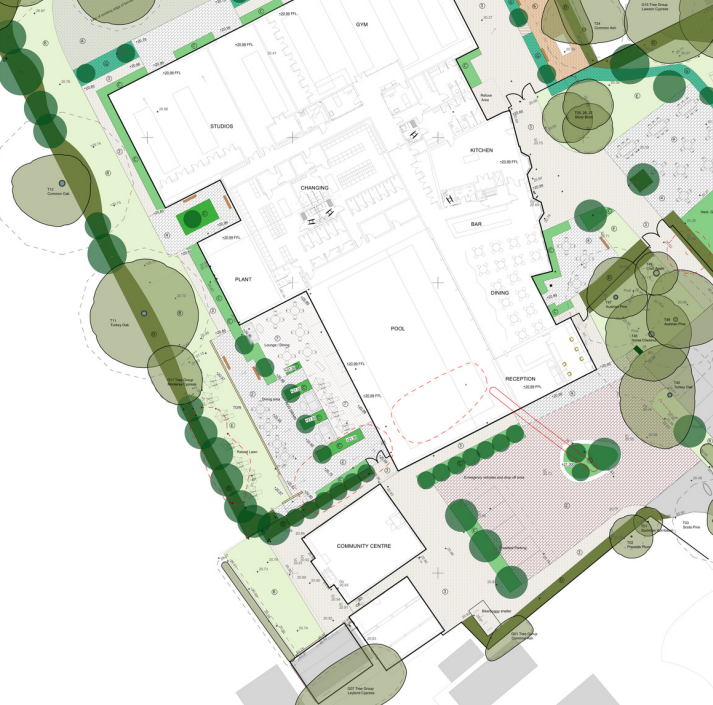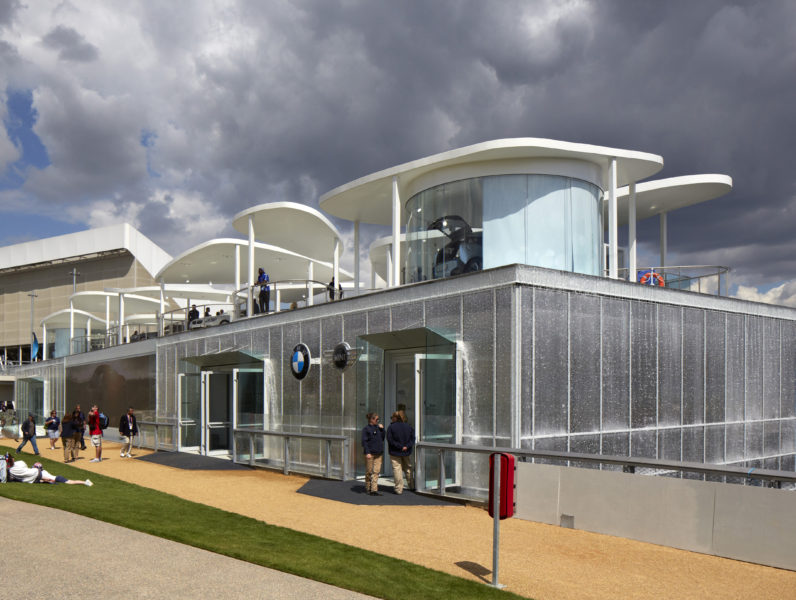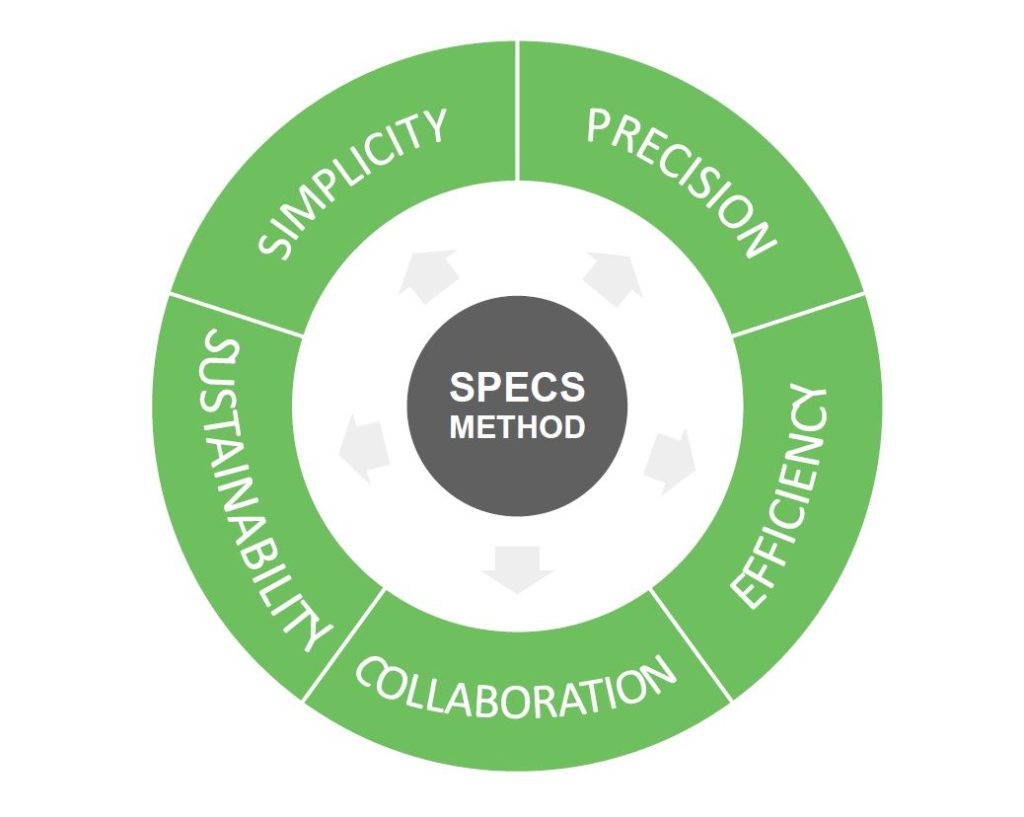Strategic Consultancy
We can provide you and your team qualified, confidential advice as well as a comprehensive brief before any design work starts. Talk to us before you start any project – we can save you some costly mistakes.
If you manage, own or operate a sports club or school there will come a time when you will need to renovate or build new facilities to make sure you are competitive with the other clubs.
You will want to be the club or school of choice in the area.

What is a strategic brief and feasibility study and who creates it?
A strategic brief is a document that outlines your vision and priorities. We will work with you to stress test the assumptions you have made in your business plan and will look at your strategy and make critical recommendations before you start your project.
What problems you might have?
You will most likely have clarity about your project’s outcomes, but you will depend upon your adviser for advice on design, construction, procurement, sustainability and costs.
You will need accurate information when it comes to making decisions regarding the viability of your project. You might have a very good understanding of your project from a business or strategic angle, but it is critical to make sure that your vision is possible and meets your budget.
The briefing and pre-design phases are critical as they provide absolute clarity about outcomes. This will minimise the impact of future design changes on scope, specifications, time and budget during project development.
How can a strategic brief and feasibility study help you
Working with us as your architect will help you discover what is possible to fit on your site without spending a fortune. If you have a Project Manager we can work with them using our spatial design skills to help you understand both the constraints and opportunities of your site.
Reasons to write a brief and then follow up with a feasibility study include:
- To help you clarify why you want to do the project.
- To help you select the best long-term solution for your club, school or development.
- To clarify what the return on investment might be.
- To clarify the impact on your business, school or club.
- To stress test the assumptions you have made about your site or in your business plan (if you have one).
- To clarify the risks associated with planning.
- To clarify the construction budget.
- To help you build value through sustainability.
- To help you design for the transition to a sustainable economy.

How can a written brief and feasibility study help you?
Working with us as your architect will help you discover what is possible to fit on your site without spending a fortune.
Other reasons to write a brief and complete a feasibility study include:
- Developing an accurate brief for your project
- Managing the design of your project
- Managing and analysing potential risks
- Recognising and taking advantage of opportunities
- Developing a future strategy for maintenance, cleaning, and replacement of damaged components
- Developing a strategy for future adaptation of your facility
- Advising on the construction delivery
- To help you clarify why you want to do the project.
- To clarify what the return on investment might be.
- To stress test the assumptions you have made about your site.
- To clarify the risks associated with planning.
- To clarify the construction budget.
Prevention of problems and a robust value proposition
- The most value comes early in the briefing process.
- You should concentrate design thinking at the beginning of your project, distilling and communicating your ideas and vision.
- Your Value Proposition is a statement of desired outcomes based on the needs and desires of you and your customers.
What could happen if you don’t work with us
- You may struggle to define your brief.
- You may struggle to find out if your brief is possible with the site constraints until it is too late.
- You may end up with a rejected planning application.
- Critical parts of the brief are missed, such as equipment you need installed in the building.
- Your budget may be unrealistic.

The steps in the feasibility study process are: Research, Test, Review, Rework
Working with us as your architect will help you discover what is possible to fit on your site without spending a fortune. If you have a Project Manager we can work with them using our spatial design skills to help you understand both the constraints and opportunities of your site.
Next Step after Feasibility:
Once you have an idea on costs and risks and degree of difficulty you can then decide if you want to proceed to a pre-application meeting with the council.
Our Methodology
Workshops
- We will run workshops to identify the opportunities for improvement.
- We will discover the aims of your project.
- We will discover your priorities and non-negotiable items.
Risks
- We will review how to mitigate project risks.
- We will focus on planning at this stage and risks associated with a planning application.
Test Fits
- We will create a block diagram of test fits to test what the possibilities are on your site and explain the key objectives.
Written Report
We will produce a written document that:
- Details your vision and priorities for the project.
- Identifies possible ways to maximise the value of your site.
- Helps to define and deliver the best long-term solution for your project.
- We identify which consultants you should work with.
Key principles to help ovecome the obstacles you may face

Simplicity: Through many design iterations we reduce complexity to simplicity so the masterplan or building diagram accurately represents your vision and what you need.
Precision: Precision comes from accurate design documents. This reduces mistakes on the building site and ensures you get a higher quality product.
Efficiency: Everything your consultants and contractors do should be designed to minimise the disruption to your business and ensure your project runs as smoothly and efficiently as possible.
Collaboration: We are specialists in gaining planning permission and will give you peace of mind by building a great team that works closely with the local authorities, guiding your project through the application process.
Sustainability: One of our main aims is to ensure we deliver a decarbonised buildings and resilient environments.
Discuss your next project with us
Are you looking for an experienced, trustworthy and certified architect based in central London? Whatever your project, don’t hesitate to reach out to Graham Ford and his team to arrange an informal, confidential chat.
